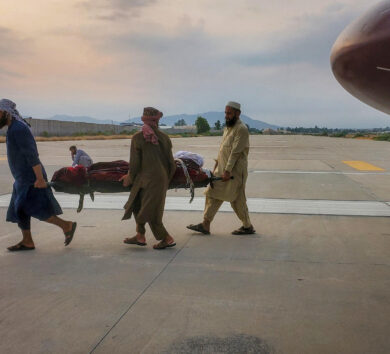

Recognising that among the various areas within health sectors worldwide that have been hard hit as a result of the COVID-19 pandemic has been their ability to perform routine immunisations, the World Health Organization (WHO), in conjunction with UNICEF and other partners, today (April 26) launched the Immunization Agenda 2030 (IA2030), with a goal of maximising the lifesaving impact of vaccines through stronger immunisation systems.
The launch of the agenda which coincides with World Immunization Week (April 24 -30), focuses on vaccination throughout life, from infancy through to adolescence and older age.
If fully implemented, it is expected that the agenda will avert an estimated 50 million deaths, according to WHO – 75 per cent of them in low- and lower-middle-income countries.

By 2030, the expectation is that the following targets would have been achieved:
- 90 per cent coverage for essential vaccines given in childhood and adolescence
- The number of children completely missing out on vaccines will be halved
- 500 national or subnational introductions of new or under-utilized vaccines – such as those for COVID-19, rotavirus, or human papillomavirus (HPV) will be completed
Urgent action needed from all immunisation stakeholders
To achieve IA2030’s ambitious goals, WHO, UNICEF, Gavi, and partners are calling for the following actions:
- World leaders and the global health and development community to make explicit commitments to IA2030 and invest in stronger immunisation systems, with tailored approaches for fragile and conflict-affected countries.
- All countries to develop and implement national immunization plans that align with the IA2030 framework and increase investments to make immunisation services accessible to all.
- Increased investment by donors and governments in vaccine research, innovation, development, and delivery, placing particular focus on the needs of underserved populations
- The pharmaceutical industry and scientists to work with governments and funders, to accelerate vaccine research and development, ensure a continuous supply of affordable vaccines to meet global needs, apply lessons from COVID-19 to other diseases.







Comments